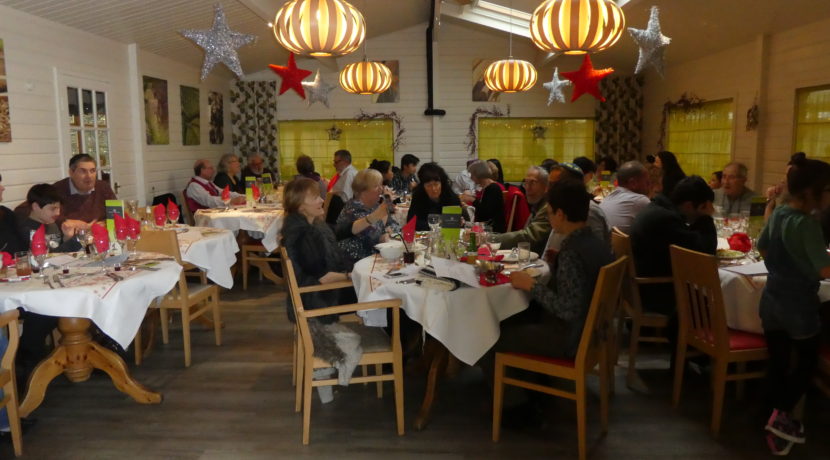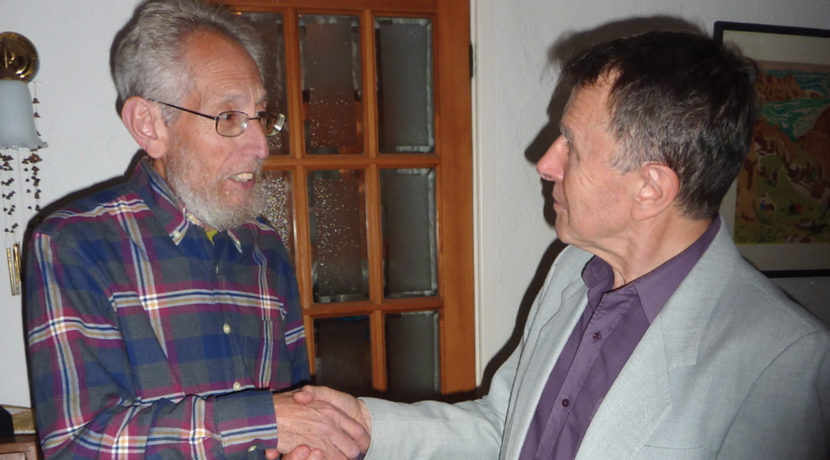The whole of the book of Genesis can be seen as a history of brothers… and sisters… and brother and sister…
“Hang on a minute,” someone is saying. “How can you possibly reduce the first book of the Torah to a single theme like this?”
The thing is, like all creative books and all art, there are many different strands in the Torah which can be newly discovered, revisited, coloured and reshaped. Look at Hamlet, for instance. There are literally thousands of books written about just this one play. As for…
“Hang on a double minute,” that someone is now saying with a great deal more heat. “How can you even think about comparing our sacred text to a piece of literature?”
Read not, ‘Compare the Torah to a work of art, but rather compare the work of art to the Torah’. The Torah is simply the greatest of creative works. Indeed, its words embody the creation of the world, of humanity and of a people entrusted with a holy task. It resonates in its depth, shines with its insights and weaves into its being a multitude of shimmering threads.
So after that preamble, I return to the story of siblings. It starts extremely badly. The first brothers to be born are destroyed when one rises up and murders the other. From then on there are problems of varying degrees of intensity. Ham, the son of Noah, shames his two brothers Shem and Yefeh by observing their father naked. Ishmael and Isaac are estranged. Rebecca seizes the first opportunity to escape the malign influence of her mercenary brother. Jacob so alienates Esau that the latter plans to kill him. Leah and Rachel are rivals for Jacob’s affections. Finally, Joseph’s presumption and snitching enrage his brothers so that they almost kill him, settling instead for selling him into slavery. It is this final story of sibling friction, culminating in the reconciliation that draws Genesis to a close, which is told in the most detail. Both Joseph and his brothers make a journey towards, on the one hand, generosity, wisdom and forgiveness and, on the other, towards a recognition of guilt and the desire to make amends. The opening words of Ya-yigash are, thus, among the most moving in Bereshit. “Judah walked up to (Joseph) and said, “Please, your highness, let me say something to you personally. Do not be angry with me, even though you are just like Pharaoh.” And so Judah, the brother who has demonstrated most clearly the human capacity for change from evil to righteousness, tells the story of his father’s loss and and his consuming fear of losing his youngest son as he believes he has lost the second youngest. Most importantly, Judah begs to be allowed to be Joseph’s slave in Benjamin’s place.”
As always, the parsha has far more in it than I can possibly touch on. To experience some of this, to share in prayer and song and to take part in a particularly special service at 10.30 on Saturday. A graduate of Kehillat Kernow and graduand of Exeter University, Murray Brown, together with Pat Lipert will be leading us.



